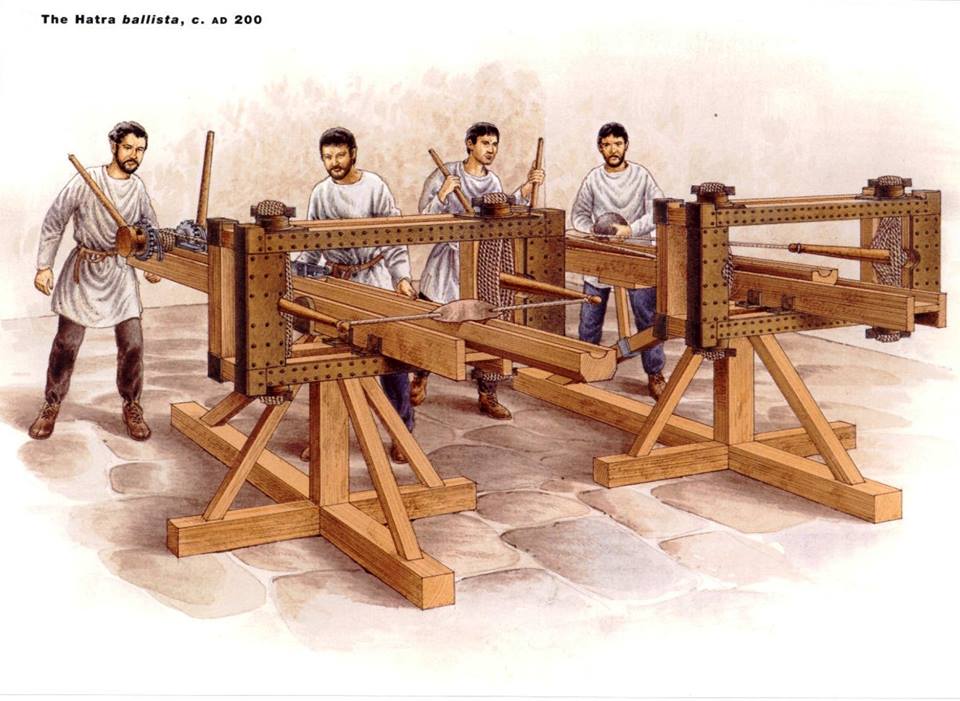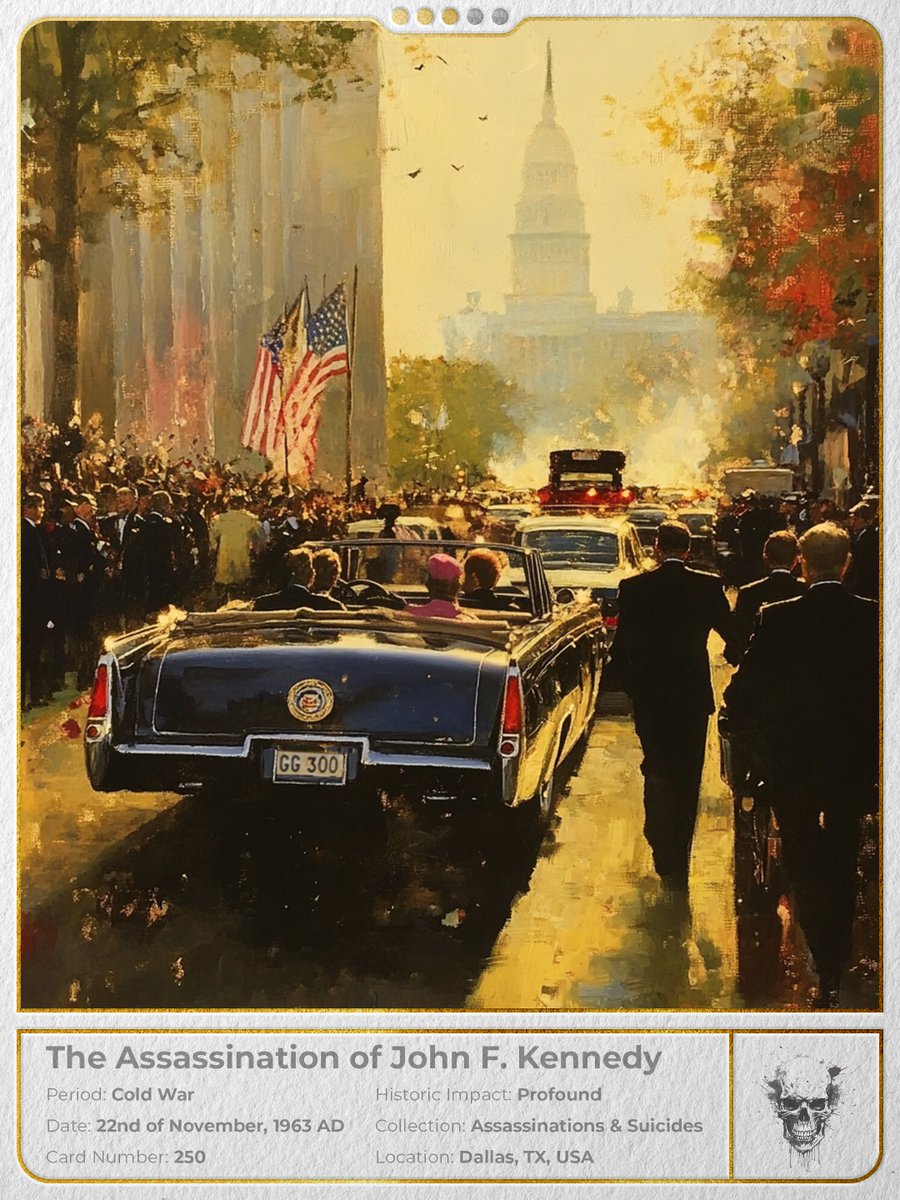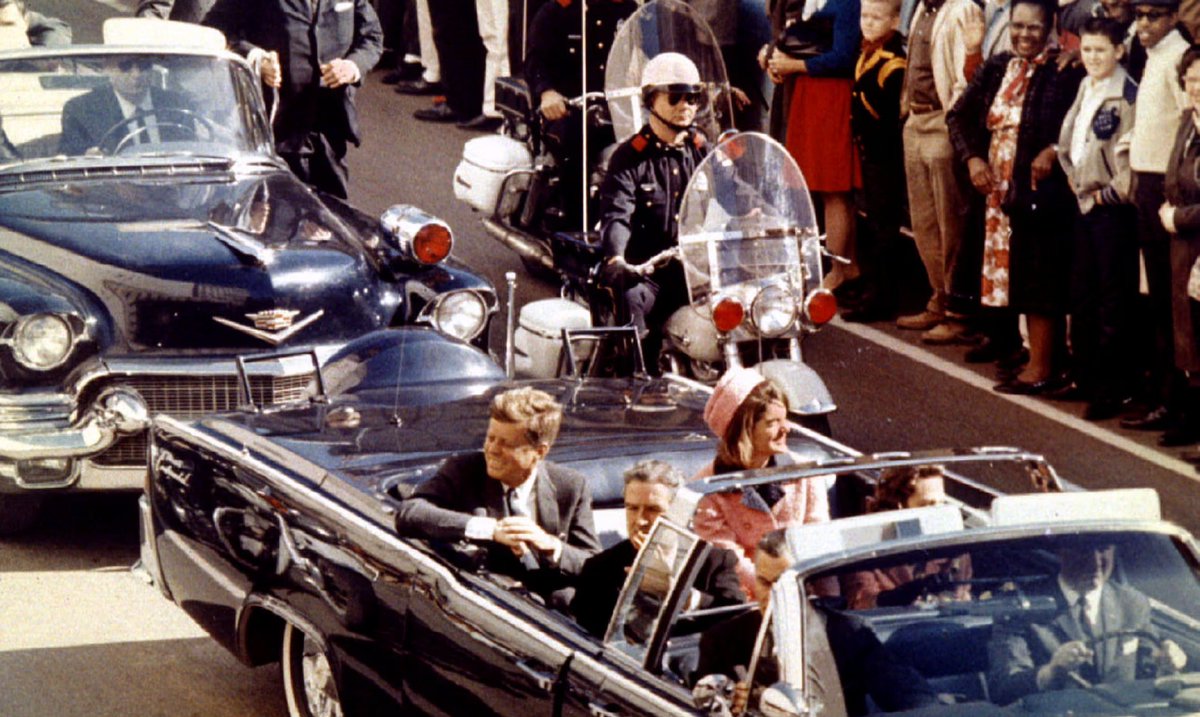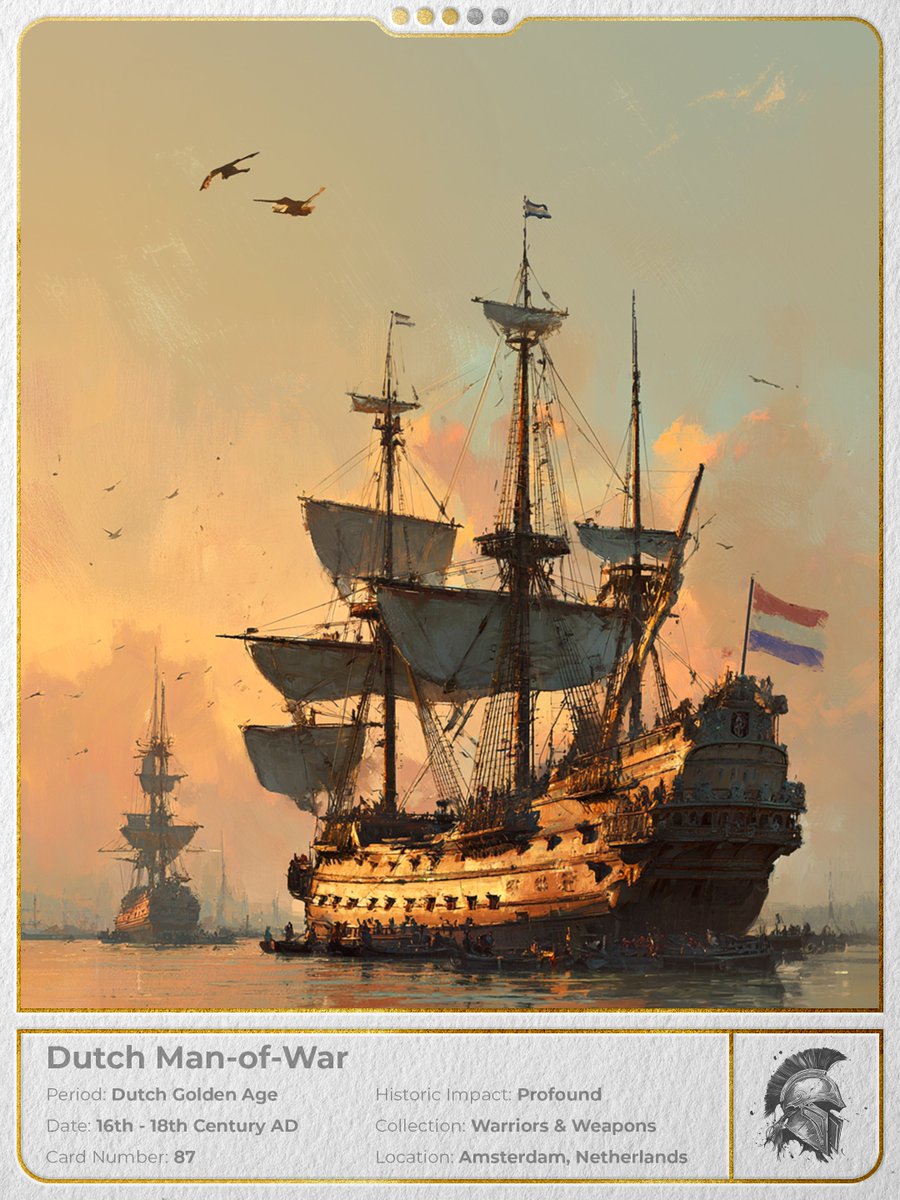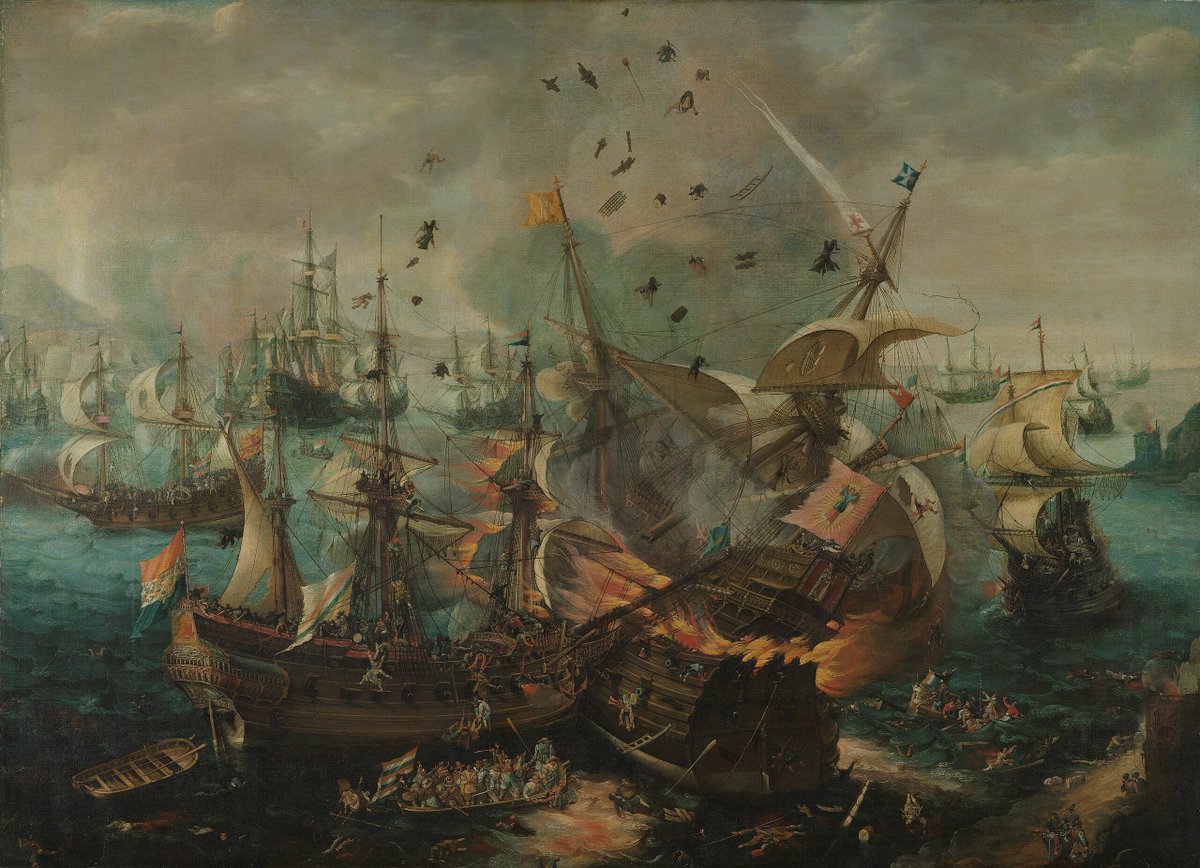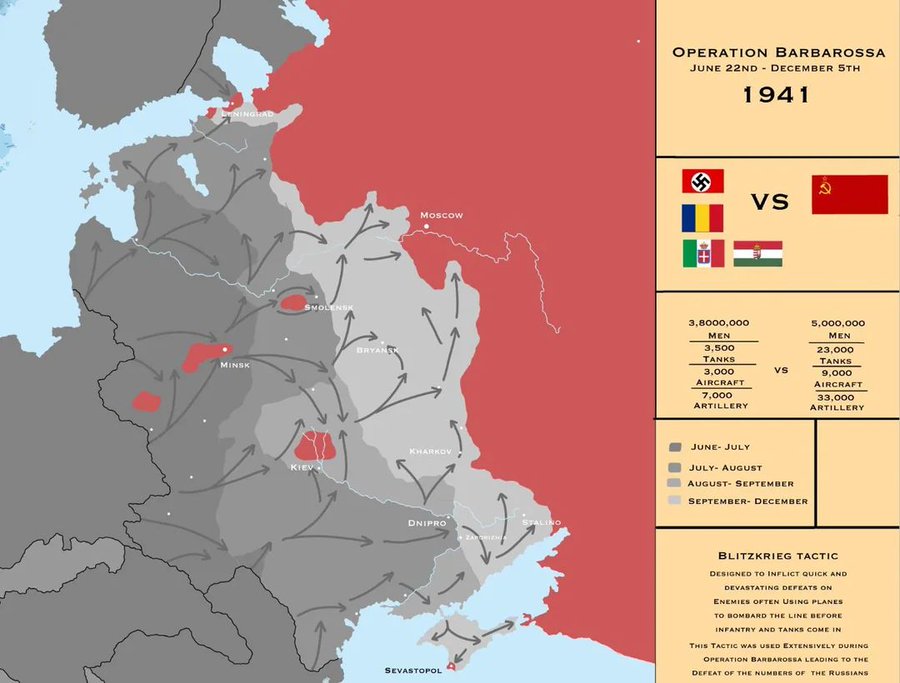Imagine this is the leader of your nation.
A man committed to the welfare of his people.
A man who commanded armies on the field.
A man who's reign introduced generational peace & prosperity.
Augustus, the first emperor of Rome.
Here is why you deserve someone like him🧵
A man committed to the welfare of his people.
A man who commanded armies on the field.
A man who's reign introduced generational peace & prosperity.
Augustus, the first emperor of Rome.
Here is why you deserve someone like him🧵

His story begins as the adopted son and heir of Julius Caesar, the renowned Roman general and dictator. After Caesar's assassination in 44 BCE, Octavian emerged as one of the key figures in the ensuing power struggle.
This civil war that follows eventually cumulates in Battle of Actium in 31 BCE. Where Octavius defeats his rivals Mark Antony and Cleopatra. Both would commit suicide. Antony would fall unto his sword, Cleopatra allegedly dies by a self-inflicted venomous snake bite. 

Following this victory, Octavian became the unchallenged ruler of the Roman world. He was granted the title of Augustus by the Roman Senate in 27 BCE, marking the beginning of his reign as the first Roman emperor.
The name "Augustus" signifies "the illustrious one" or "the revered one," chosen to underscore his authority and stature as the leader of Rome.
It was symbolic of his elevated status as the supreme ruler of the Roman Empire and indicated his authority and power over the Roman state.
His rule inaugurated a period known as the Pax Romana (Roman Peace), characterized by relative stability, economic prosperity, and cultural flourishing within the Roman Empire.
He implemented various reforms aimed at strengthening the Roman state, including administrative reorganization, military reforms, and initiatives to improve the moral and social fabric of Roman society.
Extensive building projects were undertaken, such as the construction of temples, roads, and aqueducts (such as “the Pont du Gard”), which left a lasting architectural legacy across the empire. 

The Romans were master builders; infrastructure and urban development were understood to be fundamental components of a prosperous society.
Peace primarily, however, arrived through the absolute supremacy of Rome’s military might. The Roman Legionaries were the most dominant fighting force the world had ever seen.

Tom Holland writes in his fantastic book PAX: “The capacity of the legions to exercise extreme violence was the necessary precondition of the Pax Romana”
Augustus’ reign marked a significant transformation in Roman politics, as he effectively consolidated power in his own hands while maintaining the façade of republican institutions.
He established a system of succession known as the Principate, where the emperor held supreme authority but often presented himself as the first among equals rather than an absolute monarch.
Augustus died in 14 CE, after ruling for over four decades. His death marked the end of the Julio-Claudian dynasty and paved the way for the succession of subsequent emperors.
Augustus is generally remembered as one of Rome's most successful and influential leaders, whose legacy profoundly shaped the course of Western civilization.
(the marble bust below is an original from the period, and resides somewhere in a private collection. I've used it as reference for the artwork on the card.)
(the marble bust below is an original from the period, and resides somewhere in a private collection. I've used it as reference for the artwork on the card.)

Now I can't help to wonder when studying the greats of history why it is we don't have leaders like Augustus or Marcus Aurelius to choose from?

What systems are in place today that allow the mediocre or corrupt of character to hold rule over so many?
What kind of a society could our kids grow up in if the principles of virtue and honor are deeply rooted in the character of the men that govern?
These questions are worth asking, and worth asking daily.
These questions are worth asking, and worth asking daily.
I recognize that a key aspect of the solution involves studying the remarkable figures of history, striving to emulate their qualities, and aspiring to embody their virtues. This is one of the reasons why I initiated this project.
I firmly believe that people inherently yearn for, and rightfully deserve, a leader who is genuinely worth following.
Whatever your political affiliations, it must be glaringly obvious that out of a nation of millions, you deserve a better choice.
Whatever your political affiliations, it must be glaringly obvious that out of a nation of millions, you deserve a better choice.
• • •
Missing some Tweet in this thread? You can try to
force a refresh



